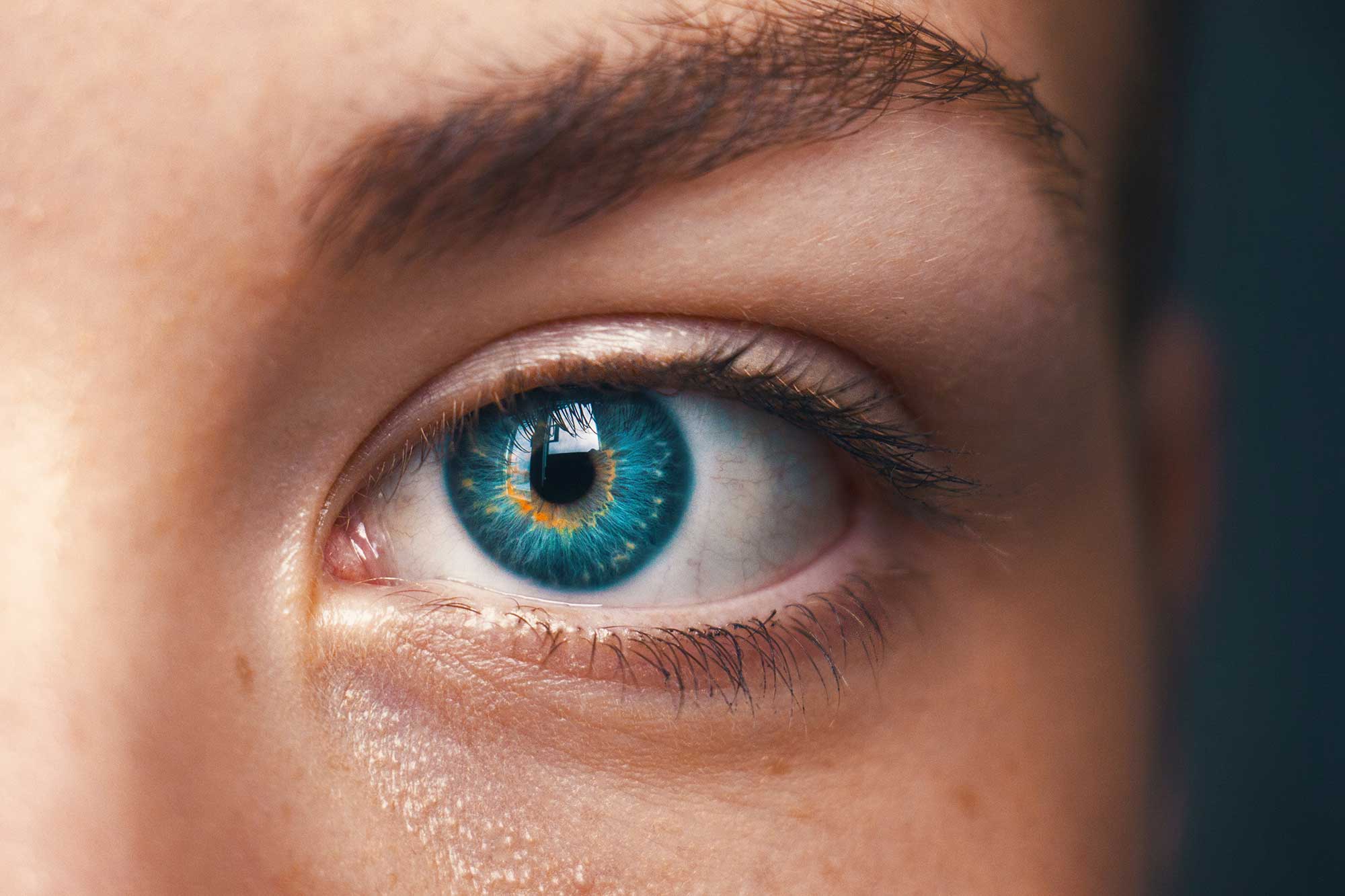Vitreous Floaters: Are They Dangerous to Your Vision?
It can be alarming to see a spot in your vision, causing some people to worry that they are losing their eyesight. While it is important to be aware of changes in your vision, vitreous floaters (also known as eye floaters) aren’t a cause for serious concern.
Spots in Your Vision
What does it mean if you are seeing spots in your vision? This problem is a common complaint addressed with eye doctors, and your optometrist will likely tell you that there’s nothing to worry about and not much that can be done about this condition.
The truth is that minor eye floaters are usually harmless, but they can be a bit annoying or inconvenient. The appearance of the floaters can vary from person to person, but most patients describe them as:
- Strings
- Specks
- Gray or black spots
- Cobwebs
Why am I Seeing Eye Floaters?
Most of the time, vitreous floaters happen because of age-related changes that occur inside the eye. The inner portion of the eye contains a jelly-like substance known as the vitreous. Over time, the substance becomes more fluid-like and less jelly-like. Then, tiny fibers can clump together and cause shadows to be shown on the retina, which is the portion of the eye that sends messages to the brain.
Common Symptoms of Vitreous Floaters
It can be tough to describe what you are seeing, especially when the visual floaters change over time. Here are a few symptoms that might indicate that you have eye floaters:
- It feels like strings or floating spots are moving through your vision
- You can see dark specks or transparent shapes
- When you move your eyes, the spots move as well
- These spots can be noticed the most when looking at a bright, plain background (such as a white wall or the clear, blue sky)
- The activity and size of the shapes vary from day to day
- The spots look like they are darting away if you try to focus your eyes on them directly
You might find that the floaters are very apparent one day, then things seem to settle down and then
the floaters eventually drift out of your line of vision.
Do You Need to See a Doctor about Eye Floaters?
How do you know when it is time to talk to a doctor about eye floaters? Most people experience this phenomenon at some point in their life, and some patients report that they see floaters regularly. Having a few floaters here and there is nothing to worry about, although our experienced optometry team is always happy to discuss your questions and concerns.
Sometimes, vitreous floaters can be a symptom of a bigger eye condition. Don’t wait to contact an optometrist if you notice:
- New floaters that pop up suddenly
- More floaters than normal
- Floaters paired with flashes of light in the same eye
- Peripheral vision loss (darkness on the sides of your line of vision)
When these symptoms are present, it could be a sign of a retinal tear or detachment. It is important to seek immediate medical attention to prevent severe vision loss.
Don’t hesitate to schedule an appointment if you have questions about your eye health. Our team of eye doctors is here to assist with exams, corrective lenses, and treatments for the whole family.






